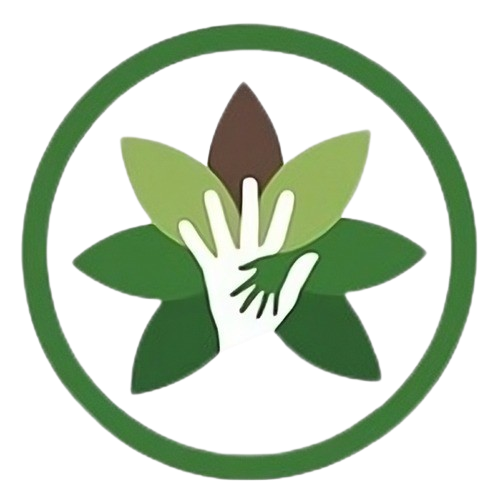Activities
In this section, you will learn a little more about the activities that Missão Ambiental carries out in favor of the environment.
AGROECOLOGY
Agroecology seeks to conserve and expand the biodiversity of ecosystems. The agroecological approach to production seeks to develop agro ecosystems without the use of agrochemical inputs that could degrade the environment.
COMPOSTING
It is the process of recycling organic waste in which remains of fruits, vegetables and greens are transformed into organic compost (natural fertilizer). This fertilizer can be used in urban agriculture, in gardens and plants, replacing the use of chemical products. There are several composting methods such as vermicomposting (composting with worms), trench composting, dry composting, biodigester and thermophilic composting. The Missão Ambiental Ipiranga seeks to manage organic waste in a collaborative way with the local community. Thermophilic composting began on January 29, 2023 with the implementation of windrow 01.
RAINWATER HARVESTING
Rainwater harvesting is an efficient alternative for reusing rainwater. The method is recommended for activities that do not require drinking water, such as flushing, irrigation, washing sidewalks or cars.
RECYCLABE MATERIALS
The Missão Ambiental recycles and reuses materials and objects that people will no longer use, such as styrofoam packaging, glass bottles, batteries, light bulbs, old clothes, old books, among others. Anyone who has recyclable materials and would like to send them to Missão Ambiental, please get in touch via social media.
WORKSHOPS
Missão Ambiental promotes several workshops that consist of group conversations to discuss topics related to the environment and sustainability, community snacks, visits to the Missão Ambiental head office, walks through Ipiranga, informative courses, treasure hunts and yoga.
INTER-NEIGHBORHOOD PROJECTS
The Inter-neighborhood Project was developed by Escola Comunitária together with Missão Ambiental in 2021 on an experimental basis with the aim of promoting walkability through collective actions between neighboring neighborhoods through the occupation of public spaces with urban interventions linked to socio-environmental issues.
 Missão Ambiental
HOME
ABOUT US
CONTACT
Missão Ambiental
HOME
ABOUT US
CONTACT